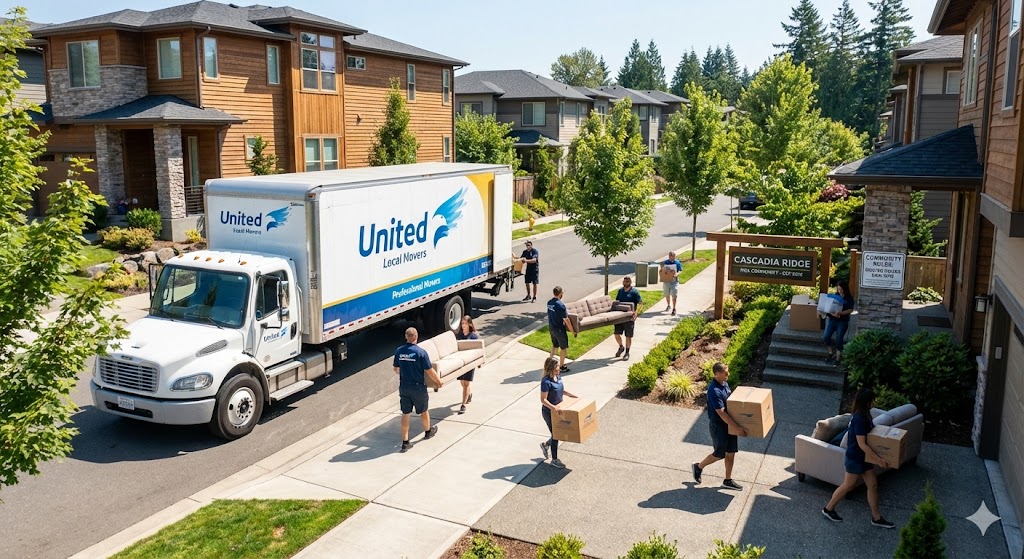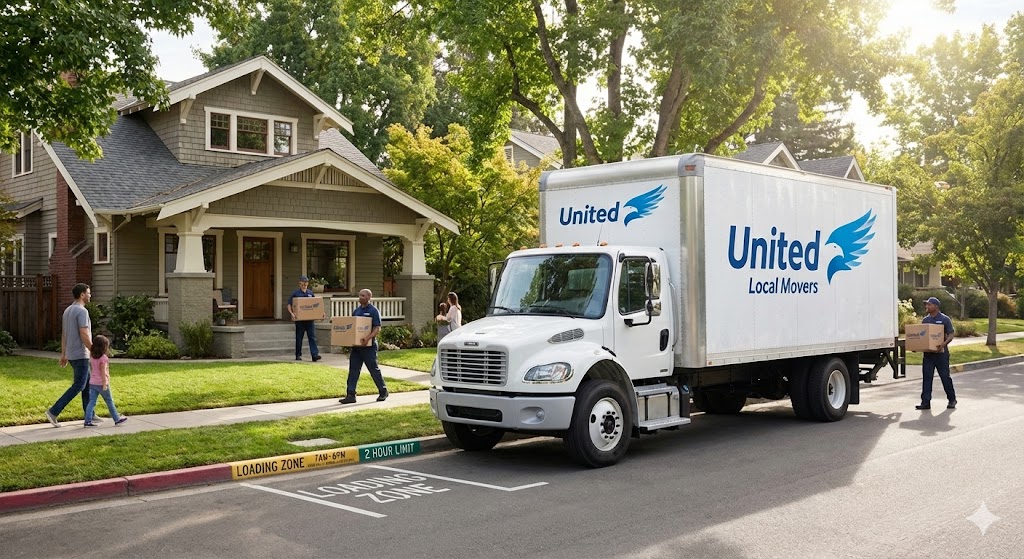Moving to a new city or neighborhood is more than just unpacking boxes and meeting neighbors—it’s also about learning the local laws that shape everyday life. From parking rules to pet policies and noise limits, every town has its own set of expectations.
At
United Local Movers, we believe a smooth relocation goes beyond moving your furniture. It means helping you understand and follow local guidelines so you settle in with confidence—not confusion. In this guide, we’ll walk you through the most common local regulations to research before you move.
Why Local Rules Are Just as Important as State Laws
Federal and state laws apply across large areas, but
local ordinances can vary dramatically—even between adjacent neighborhoods. These rules affect everything from where you park to how late you can play music on a weekend.
Knowing them ahead of time helps you avoid fines, build good relationships with neighbors, and feel more at home from day one.
7 Key Local Regulations to Research Before Moving
1. Parking Permits and Street Use Rules
If you’re used to unlimited street parking, prepare for possible surprises. Some cities require:
- Residential permits for overnight or long-term parking
- Limited access for commercial vehicles or moving trucks
- Special permissions for guests or visitors
Check your new municipality’s transportation or parking department website to learn what applies to your neighborhood.
2. Garbage Collection and Recycling Schedules
Waste collection differs from place to place. Be sure to find out:
- Trash and recycling pickup days
- Whether bins are provided or must be purchased
- Rules around composting, e-waste, and bulky item removal
Some towns charge extra for non-compliance—so it’s wise to get informed early.
3. Noise Ordinances and Quiet Hours
What counts as acceptable noise in one area might not be allowed elsewhere. Most municipalities enforce:
- Quiet hours after 9–10 PM
- Restrictions on loud construction on weekends
- Limitations on outdoor speakers or generators
Before hosting gatherings or starting renovations, make sure you know the rules to avoid complaints or fines.
4. Pet Ownership Restrictions
Dog lovers should check for breed-specific bans, leash requirements, and licensing procedures. Common rules include:
- No pit bulls, aggressive breeds, or large dogs in certain complexes
- Leash laws for walking in public spaces
- Proof of vaccination or spay/neuter certificates
Ignoring these can lead to penalties—or worse, difficulties keeping your pet.
5. Homeowners’ Association (HOA) Guidelines
If you’re moving into an HOA-governed community, read the fine print. These associations often regulate:
- Exterior paint colors, landscaping, and fence heights
- Rentals, guest stays, and short-term sublets
- Parking RVs, boats, or trailers on private property
Violating HOA rules can result in costly fines, so always request full documentation before finalizing your move-in plans.
6. Business Licensing for Remote Workers and Entrepreneurs
Working from home? Some towns regulate:
- Client visits or business signage on residential properties
- Traffic and noise levels related to your work
- Home-based business licenses or fees
These rules vary by city, so confirm whether your profession requires special permits before setting up shop.
7. School Enrollment and Residency Requirements
For families, understanding school district rules is essential. Look into:
- Required proof of residency (lease, utility bill, etc.)
- Vaccination records or physical exams for enrollment
- Boundaries that determine which schools your kids attend
Even small moves can shift attendance zones, so double-check before registering your child.
Where to Find Local Regulation Details
Don’t rely on assumptions—get your information straight from the source. Start here:
- City/County Websites: Official portals list current laws and updates.
- Public Works Department: Handles waste, sanitation, and street maintenance.
- Transportation Office: Covers parking, curb use, and moving truck restrictions.
- Local Police Site: Outlines noise laws, curfews, and citations.
- Property Managers or Real Estate Agents: Often have insider knowledge on local enforcement.
How United Local Movers Helps You Prepare
We don’t just transport your belongings—we help you arrive prepared. At
United Local Movers, our team assists with:
- Providing permit guidance for legal parking during your move
- Coordinating logistics to reduce risk of citations
- Sharing checklists and tips for researching local laws before moving day
Our goal is to ensure your transition feels organized, respectful, and stress-free.
Need Extra Time to Adjust?
Sometimes, you may need a pause before fully settling in—especially when adapting to new regulations takes time. That’s where our
temporary storage options come in handy.
Store your items securely while you take time to review local rules, finish paperwork, or simply catch your breath after the move. We give you the flexibility to start your new chapter without pressure to rush unpacking.
Final Thoughts
Every town has its own way of doing things—and knowing those details makes your move smoother, safer, and more comfortable. Whether it’s noise limits, parking permits, or pet rules, being informed helps you avoid trouble and thrive in your new location.
Let
United Local Movers support your entire transition—from logistics to legal readiness. Contact us today to learn how we help you move smarter, stay compliant, and start fresh in your new community.



